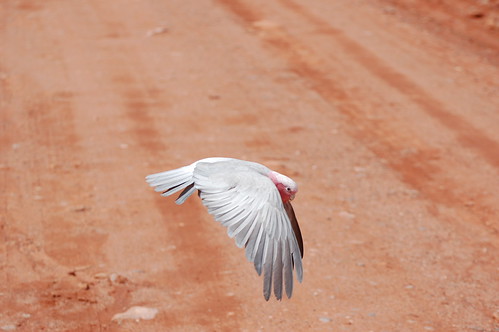
Our parrot’s respiratory systems are entirely unlike our own or that of other mammals. It is unique in design and far more efficient. Because of this fact, their sensitivity to pollutants in the air is heightened and can cause them suffering and death long before we would ourselves be affected.
We have all heard the stories about the canaries used in coal mines back in the day. Miners would place a cage of canaries in the mines. This was to determine if there were emissions of natural gases, which are odorless, present in that shaft. If they returned and the canaries were dead, they knew that they would soon fall victim as well.
While a bird has slower respiration than that of mammals of similar size, it takes two inhalations to complete one respiratory cycle, which in a toxic situation puts them doubly at risk as illustrated above.
Whenever you smell an odor, it is because there are particulates wafting through the air. Some, of course, are harmful while others are not. There is a quick and easy test you can do to see how heavy the particulates are in your house at certain times. Simply turn off your lights and turn on a flashlight. Whatever is in the air, whether it be smoke or dust particles, will be visible.

The following list, while incomplete, is of the hazards you should be most aware of:
- Teflon/non-stick cookware: Please read this article. This cookware kills so many birds that manufacturers have just now starting issuing warnings. Teflon coatings exist in the strangest places: hair dryers, irons, portable heaters, and interior oven and toaster oven surfaces. The self cleaning feature on your oven utilizes non stick coatings. Don’t use it! Be very sure to contact manufacturers before buying a product, particularly if there is heat involved.
- Carbon monoxide: This is emitted by many common appliances in our homes, but usually to small degrees. Carbon monoxide detectors are cheap, and essential. The fumes emitted from vehicles in a closed area recently took the life of Fiji, the Womach’s beloved toucan.
- Smoke/incense: Problems are usually a result of poorly ventilated fireplaces and wood burning stoves. If you have concerns about ventilation, use the flashlight test. Though incense throws a smaller amount of smoke into the air, it is thick and it is smoke.
- Cigarette smoke: This article tells the whole story of the dangers of second hand smoke.
- Cooking smoke: Burning oil and foods will throw a dangerous amount of smoke into the air.
- Aerosol/pump sprays: Many people are aware of the dangers of aerosol sprays, but for some reason think regular pump action sprays are safe. This is not true. Aerosols are thrown into the air in a fine mist. The particulates are smaller, but spread farther because of the force of the compression in the can. The particulates coming from a pump bottle don’t travel as far, but are larger in size. Both are hazardous. Hair products are of particular concern, as are cleaning products and oven cleaners. Febreeze killed yet another bird recently as reported by a friend. Just because something smells pleasant, doesn’t mean it’s safe.
- Fuel burning products: Keep anything that burns fuel to operate or generate heat or light, or any other purpose it serves, far, far away from your birds. The oily smoke they emit is deadly. They also emit carbon monoxide in dangerous amounts as the fuel burns low.
- Scented candles: These are oil based candles and emit toxic fumes just like a fuel burning product.
- Ozone emitting air purifiers: While ozone is great for disintegrating air borne chemicals, it is dangerous with continual use for your birds and family. I had two Sharper Image Ionic Breezes that I had to toss out several years ago when this information became known.
- Powders: This is not something you typically think of as air borne, but powdered cleaning products, such as products you sprinkle on your carpet, allows chemical particulates to enter the air. They are also dangerous for a bird to walk around on.

Your bird’s air space should be pristine. I promise you don’t want to experience the horror of watching your bird die from this easily avoided kind of toxicity. In most cases it is gruesome. Please speak up if you have something to add to this list and be sure to post your experiences so that we may all learn from them. That is what this blog is for.
Author Patty Jourgensen specializes in avian health, behavior and nutrition and has been working with and caring for rescue birds since 1987.



3 comments
Remodeling your home, doing any painting, sanding, cutting wood in the home, refinishing the floors with Is stain. and varnish etc.
What about essential oils used on laundry? I use Rocky Mountain Oil’s Purify and or lavender oil on cotton balls in my dryer rather than dryer sheets. What about scented lotions used on our hands?
Hello I’m in the research process of getting a conure. If I remove my bird from a room I’m cleaning and when I’m done the room smells like pine-sol is it ok for me to return my bird to that room since I didnt spray. The cleansers I use usually leave a scent. (Even if windex is poured and not sprayed there would be a scent). Do I need to change all of my cleaning products.
Leave a comment